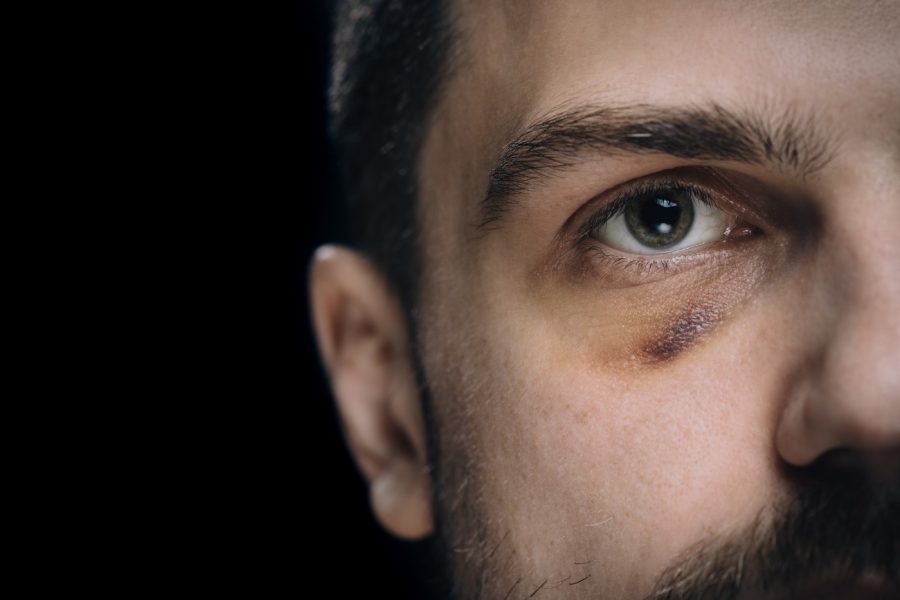Male Victims of Domestic Violence
Since the beginning of actor Johnny Depp and ex-wife Amber Heard’s divorce trial, more awareness of domestic abuse towards men has been publicized in the media. 1 in 4 men has experienced physical violence from their partner according to the National Coalition Against Domestic Violence. With so many men experiencing abuse, why is male-directed abuse so normalized?
Men constantly joke about their “controlling” and “toxic” girlfriends, but they may not be kidding. American society often downplays the mental health of men, causing a stigma. Because of this, men may not want to report their experiences with abuse or assault. This needs to change because if even male celebrities face backlash for reporting domestic violence, the average man likely faces a similar experience without the support of others.
The solution to finding justice for male victims is not a clear-cut answer because of how hard it is for men to realize what they are experiencing is not normal relationship behavior. According to Valparaiso University, men are more likely to take their own lives after being abused by a woman while women are more likely to be seriously injured or killed by their abuser. This emotional abuse has significant weight on the health and wellness of men. While the Depp V. Heard case unfolds in the media, it is important to highlight that men can and do get abused by women and that they need to start standing behind other men that experience it.
It is unacceptable to downplay the severity of abuse towards men because of the emotionally manipulative methods women often use which leads to self-harm and ultimately suicide. To prevent these unnecessary mental health issues, the female abusers need to receive the same consequences as male abusers. When the judicial system lets women go because they find it hard to believe women can be the abusive party, male victims are overlooked and are told they don’t matter. Male-directed abuse happens and it needs to be seen as equally severe as female-directed abuse. The change can start with awareness of abuse and the prevention of suicide by supporting male victims through mental health resources and reducing the stigma of emotional vulnerability.


